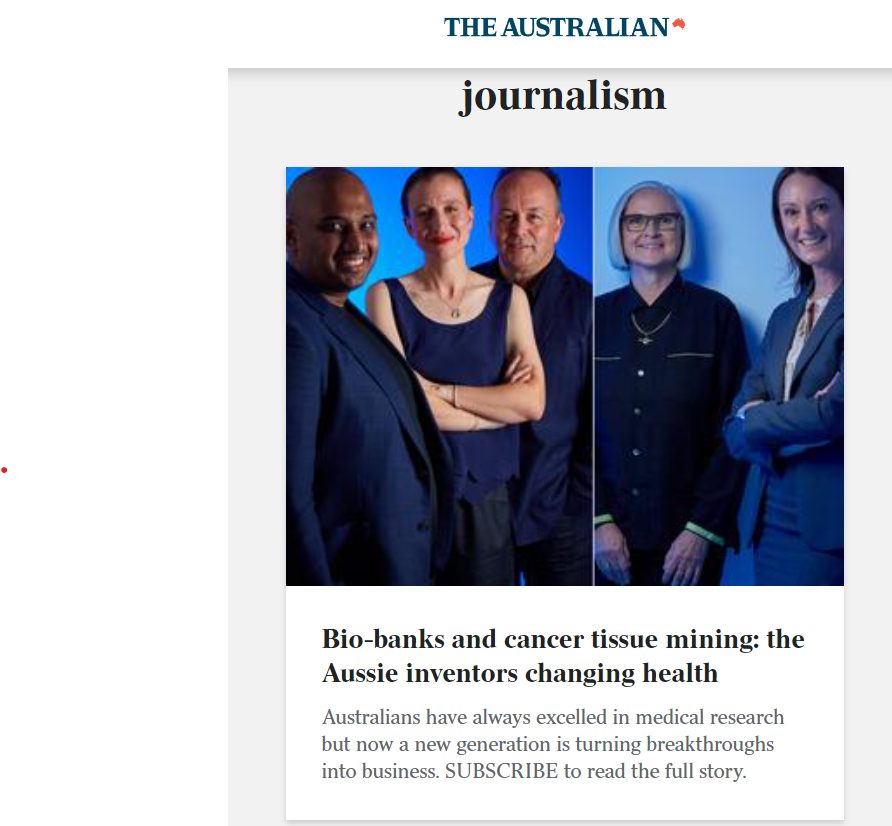For the third Pandemics & Society Seminar of our Fall 2024 series we are pleased to welcome Spike Gibbs (Universität Mannheim). The seminar will be held on Thursday, 3 October at the normal time (1600 CEST). More information about our speaker and the presentation is below. You can sign up for email notifications about the seminar series, including the Zoom details, here.
Abstract
The in-kind wages paid to pre-industrial workers have recently received new attention by economic historians interested in understanding long-term living standards. However, in-kind wages are difficult to quantify leading historians to either ignore them entirely or use proxies such as consumer price index baskets of goods to capture their value. In this paper, we take a different approach by using a new dataset to directly measure the quantity, composition, and value of grain wages paid to late medieval agricultural workers across the period 1270 to 1440. This allows us to precisely measure remuneration, and the value of its cash and in-kind components, at the level of the individual worker. We use this information to evaluate the mechanisms which led to changes in labour remuneration in the period following the Black Death and differences in the effects between workers. Our results clearly demonstrate that the wages of the average adult male worker rose in the wake of the Plague, but only after a thirty-year hiatus, showing that changes in labour relations, rather than worker productivity in and of itself, drove the ‘golden age of labour’. However, preliminary investigations of variation between workers suggest a more complex story: while in the aggregate wages appear to have been similar across different manors held by the same estate, inequality in the wages paid between different types of worker were persistent, suggesting a rigidity in occupational hierarchies that was not overturned by the Plague.
The paper is a collaboration with Jordan Claridge (LSE) and Vincent Delabastita (Radboud)
About the Speaker
Spike Gibbs is Junior Professor for the Economic History of the Middle Ages at the University of Mannheim. His research addresses topics such as local officeholding, agricultural wages, the economics of lordship, and the social networks of village communities.

